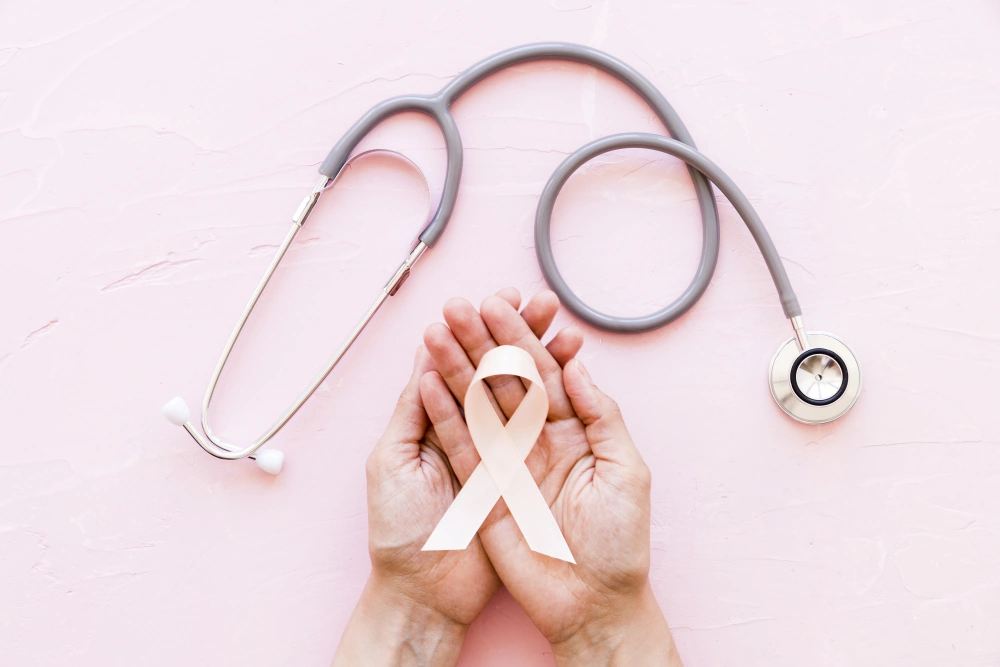
The Importance of Skin Health
"Our skin is our body's largest organ. Its functions include protecting us from infection, regulating our body temperature and enabling us to feel the heat, cold, pain, soft touch, vibration, and pressure through its nerve endings. Taking proper care of our skin is paramount if we are to live our lives without skin issues which usually show up due to neglect," said Dr Peter Ch'ng, resident dermatologist in Gleneagles Hospital Kuala Lumpur.
Other than being uncomfortable, skin problems can be a social stigma, especially if they appear on exposed areas of the body, such as our face, neck, arms, or legs. Common skin problems that most people experience include eczema, psoriasis, acne, skin infection, skin ageing, and even skin cancer.
Many of these skin issues that people have can have been self-inflicted.
Here are some reasons why skin issues arise:
- Applying a thick or comedogenic moisturizer on an oily face
- Applying a drying or irritant cleanser for a dry face
- Over exposure to the sun for vitamin D
- Bathing in hot water
The Role of Nutrition in Skincare
Another factor many people neglect when it comes to their skin health is the importance of nutrition. Nutrition is the foundation of our lives and our skin. Like trees that require constant nutrients and water from the soil, our skin also requires nutrients and hydration. Water is used to maintain tissue function, acts as a transportation carrier, and regulates body temperature. Trace elements like zinc and copper are important for immunity, synthesis, stabilising skin protein, and building new blood vessels.
A lack of vitamins also leads to skin diseases. For example, a lack of vitamin C leads to scurvy and is presented by bruises. However, too much of anything is detrimental to your health. Just taking your regular fruits will keep your doctors away rather than going for Vitamin C injections which may harm you. Protein is another important nutrient for our skin. Protein is important for skin immunity and tissue repair. Patients with extensive psoriasis can also have low protein in their blood due to excessive skin shedding.

Hidden Dangers
I always tell my patients that they must protect themselves from ultraviolet exposure. If I tell them about sun exposure, they will perceive that they have minimal sun exposure simply because they associate the sun with heat. If it’s not hot, it does not mean there is no sun over-exposure. We get UV exposure even by staying indoors because UV can penetrate through glass windows. The DNA and RNA in our skin will absorb UV radiation and cause mutation. This will affect cellular protein synthesis. An overaccumulation of these unrepaired mutations may cause photoaging in the skin and may lead to skin cancer.
My Take-home Message
Here are some tips to take better care of your skin:
- Take UV avoidance and protection seriously
- Moisturise your dry skin
- Seek help early for acne-prone skin to prevent scars
- Have yearly screening for skin cancer, especially those with a family history or suspicious lesions
- Practice a healthy lifestyle that includes a good diet, nutrition, exercise, and adequate sleep, and manage your stress well.
Written by
Dr. Peter Ch'ng Wee Beng
Resident Dermatologist
Gleneagles Hospital Kuala Lumpur











